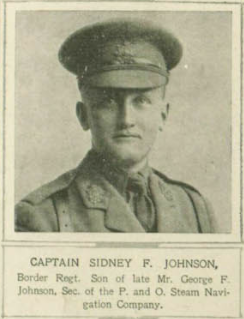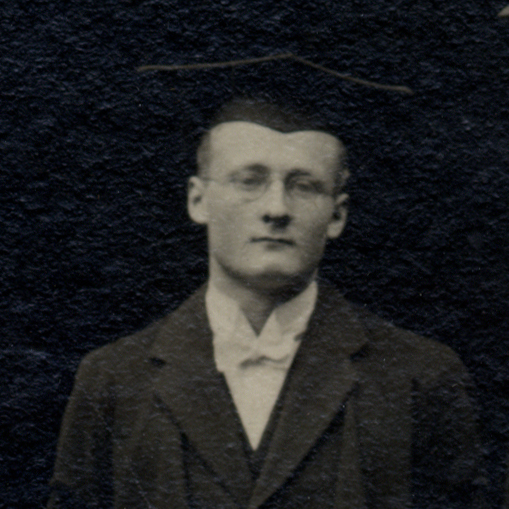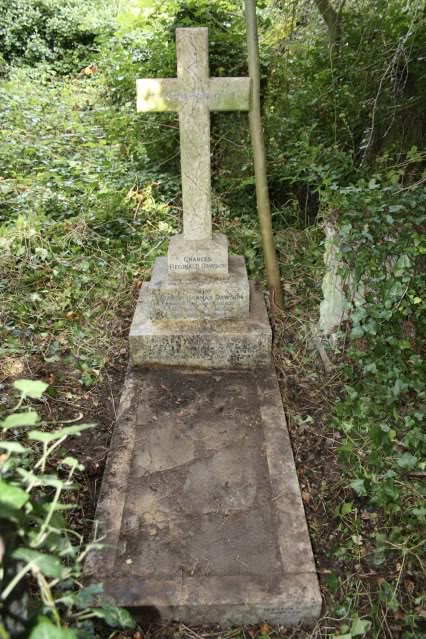Harold George Fairfax Longhurst
Harold was the youngest of four brothers, all of whom attended Westminster School. There was one of the Longhurst siblings at the school from 1885 until 1907, when Harold left. Harold was in Homeboarders’ House and from 1902 was an exhibitioner.
Harold took an active interest in many areas of school life. He was a Lance Sergeant in the Cadet Corps and on the Committee of the Debating Society. He often spoke at meetings, proposing the motion that ‘in the opinion of this House the encouragement of Minor Sports at Westminster is not detrimental to the welfare of the rest’, and opposing the motion ‘That this House disapproves of Vivisection’.
He also played sport at the school, playing initially for his house cricket team. In a house match against Ashburnham in 1906 he scored 46 runs and bowled out three members of the opposing team. He went on to play for the school’s 1st XI and received half-pinks. In his final year he was made Head of House.
We do not know what he did immediately after leaving the school, but on the outbreak of war he joined the army, taking a commission as a temporary 2nd Lieutenant in the 6th Service Battalion of the Berkshire Regiment in September 1914. He rose swiftly through the ranks and was a Captain by the time he first went out to the Western front in July 1915. He was wounded in 1916, but returned to action. He was acting Lieutenant-Colonel when he died during an attack by his battalion on the village of West-Vlaanderen, Belgium. It had been raining for two days prior to the action and the ground, churned up by shellfire, had become a quagmire making movement difficult.


